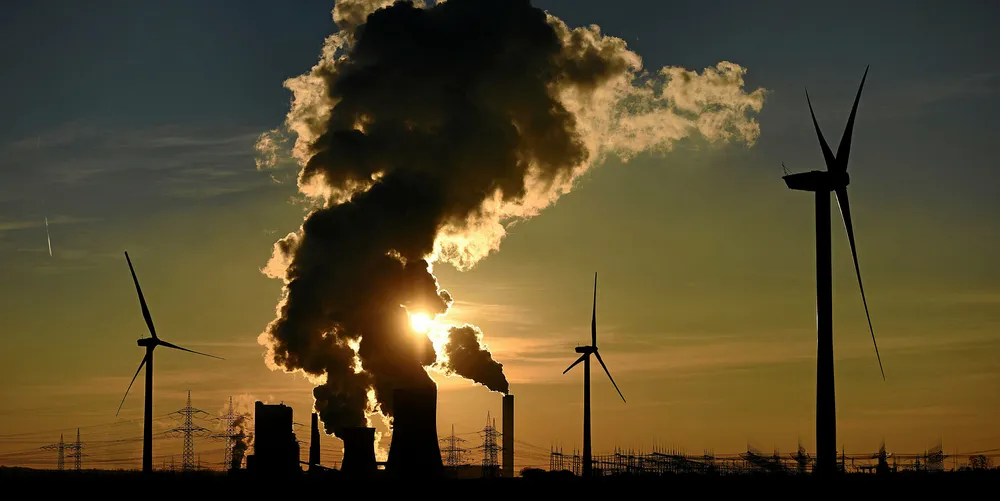Coal exit will have minor effect on power prices – German study
Wholesale power prices could rise by about €0.004/kWh by 2030 if coal and lignite are to be reduced to 17GW

Wholesale power prices could rise by about €0.004/kWh by 2030 if coal and lignite are to be reduced to 17GW
